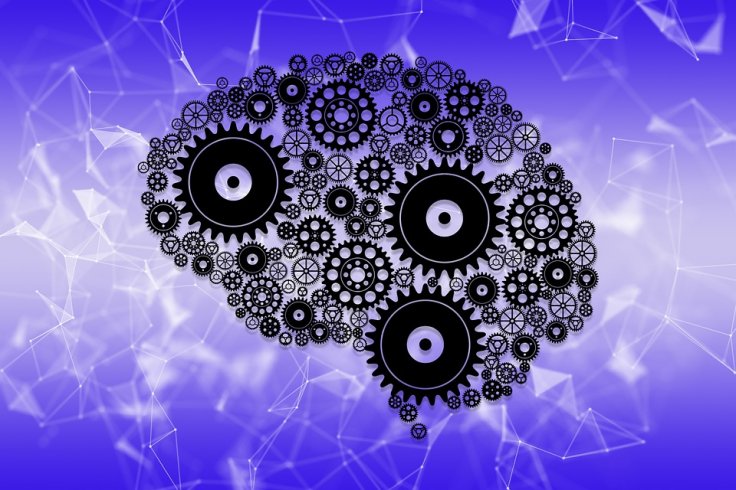One of the most common causes of dementia is Alzheimer's disease. Nearly 50 million people across the world live with dementia, with Alzheimer's being the contributor to 60 to 70 percent of the cases. According to a new study by researchers from York University, bilingual people can delay the symptoms of dementia due to improved cognitive functions that language gives them.
The study found that while the rate at which the disease progresses among bilinguals post diagnosis was faster than in monolinguals, they were able to ward off the symptoms of dementia longer. This is due to their higher cognitive abilities or reserves owing to their bilingualism, said Ellen Bialystok, senior author of the study.
Comparing cognitive reserves to sandbags supporting the flood gates of a river, she explained, "The cognitive reserve is holding back the flood and at the point that they were when they were diagnosed with mild cognitive impairment they already had substantial pathology but there was no evidence of it because they were able to function because of the cognitive reserve. When they can no longer do this, the floodgates get completely washed out, so they crash faster."

Monolinguals Vs Bilinguals
The five-year study is said to be the first of its kind. It investigated conversion times in monolingual and bilingual patients, from mild cognitive impairment to Alzheimer's disease. 158 patients diagnosed with mild cognitive impairment were chosen for the study. Bilingual people were classified as those with high cognitive reserve, while monolingual people were considered to have a low cognitive reserve.
Based on age, education and their cognitive level at the time of their diagnosis, patients were matched. Through appointments scheduled at six-month intervals, the researchers tracked the progress of their condition, and find the point at which the diagnoses transformed to Alzheimer's disease from mild cognitive impairment.
Delayed onset, yet faster progression
The conversion time to Alzheimer's for bilinguals after the initial diagnosis was found to be 1.8 years, meaning that it was notably faster than monolingual patients whose conversion time was roughly 2.6 years.
According to the researchers, this difference in conversion time suggests that bilinguals had larger neuropathology at the time of their diagnosis of mild cognitive impairment when compared to monolinguals. This was despite the level of cognition being found to be similar between the two groups.

So what do these results mean? They suggest that bilinguals can handle neurodegeneration better than monolinguals. Bialystok said that their cognitive reserves provide them a higher level of functioning, thereby enabling a bilingual individual's independence longer. Adding to existing evidence, the study also shows that the descent into Alzheimer's in bilinguals is faster post the crossing of clinical threshold probably due to the existence of more disease in their brains.
"Given that there is no effective treatment for Alzheimer's or dementia, the very best you can hope for is keeping these people functioning so that they live independently so that they don't lose connection with family and friends. That's huge," concluded Bialystok.









